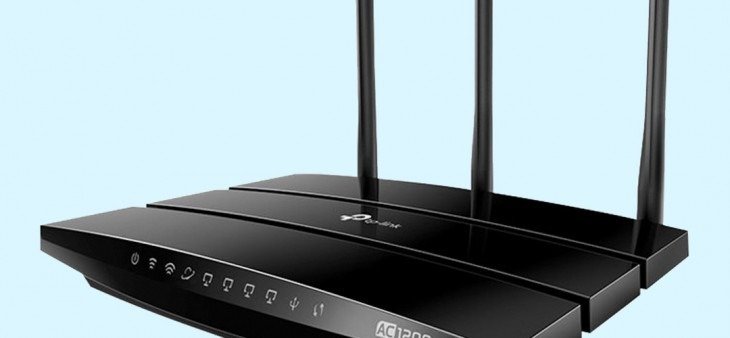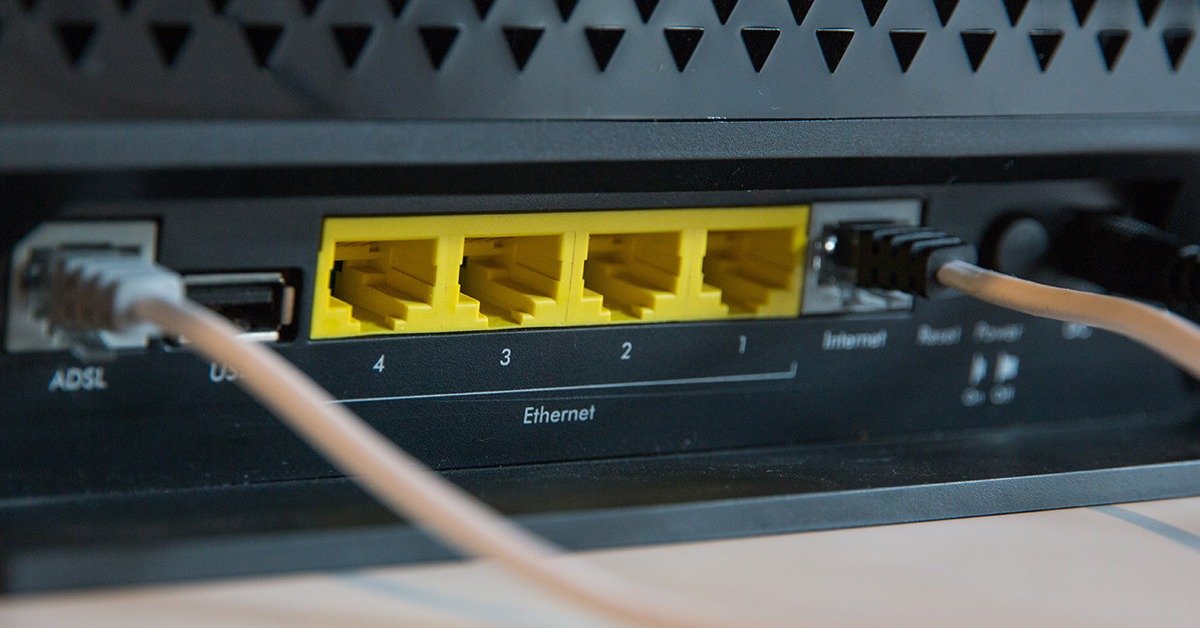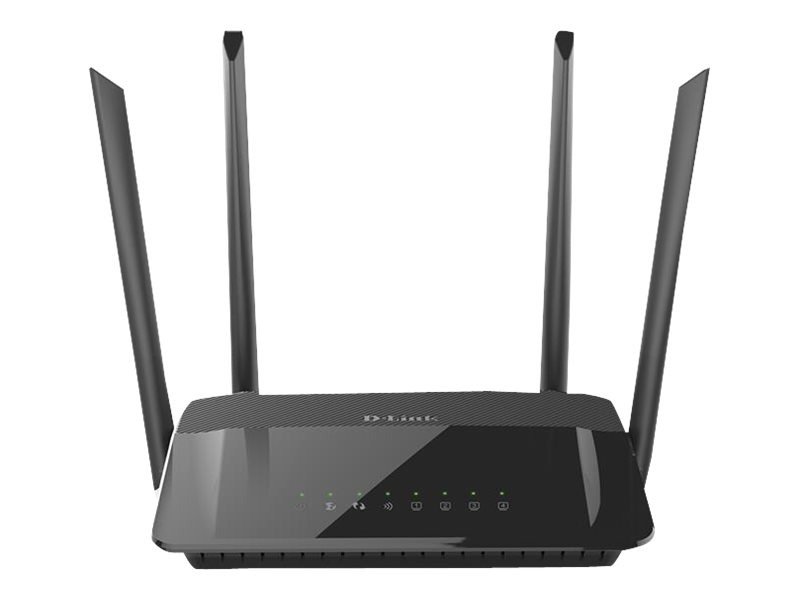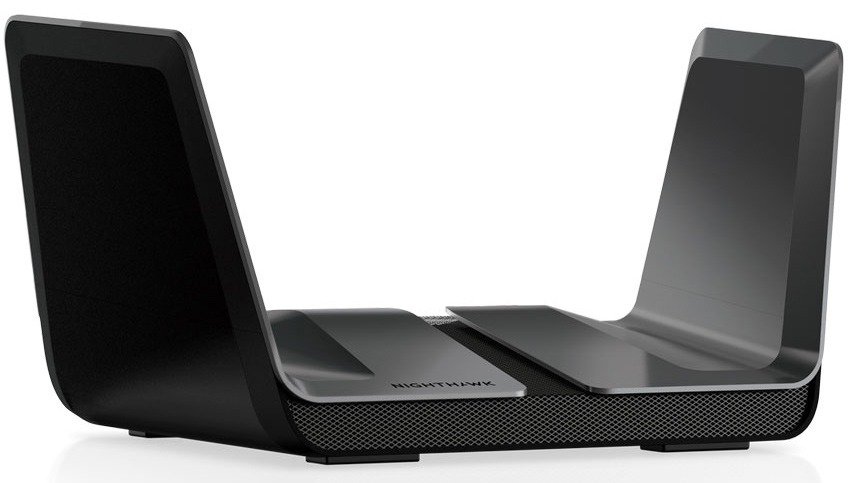
Routers are the most common networking equipment in the world. But, what is a router?
If you have a network or internet connection in your home or office, you probably have at least one router knocking around.
If you aren’t sure then it’s the flashing box in the corner of your house that’s connected to a port or another box on the wall. It’s probably got antennae that you might have wiggled if you’ve lost your WiFi connection.
What Is A Router?
A router is responsible for organising communication between computer networks. A router takes data packets from devices and directs them to the right place. Routers often use IP addresses to know where to look for information.
Routers allow your computers to access the internet or request files from a server. It also makes sure that information goes back to the device that requested it.
There are a few types:
Wired Router
Connects to the network with wires, but offers no wireless capabilities.
Wireless Router
Has wireless capabilities built-in. Most of these routers will also offer ports for wired connections as well.
Core Router
Forwards packets to hosts within a network, but not between networks.
Don’t forget to check out our other blogs including
- Review: The Best 5G Routers
- Review: The 10 Best WiFi Routers
- The Top 10 Best Draytek Routers
- Top 8 Best Selling NETGEAR Routers
- Top 8 TP-Link Routers For Small Businesses

How Do Routers Work?
When you open your internet browser and type in “www.comms-express.com” to get to our homepage, your computer sends a data packet to obtain the requested file.
This data packet travels from your computer through to your router. The router then sends the data packet to the modem.
The modem then sends the information out to find the Comms Express website server, which is connected to the internet by a router.
The data packet will then reach the router at the Comms Express server, and that router will find the specific file which has been requested. In this case, the Comms Express homepage.
This file is then sent back to your router, which then forwards it to your computer.
It does all of this in the blink of an eye.
What’s the difference between a Router and a Modem?
As we’ve said, routers move data packets around the network and out to the internet. But Modems and routers are often used interchangeably, so what is the difference?
A Modem is there to give you internet access.
A Modem mainly takes the data packets from your network and transfers them from Ethernet to electric currents so they can be quickly transferred around the internet, either by cable or satellite.
Routers And Security
Routers often act as the first line of security for your network. Most routers have firmware installed, which keeps them updated on the latest security threats, and can attempt to detect them before they cause damage.
Some come with built-in firewalls which help detect incoming threats from the internet.
Most routers that offer WiFi will have built-in security to prevent outsiders from hacking your WiFi signals.
Some routers offer protection such as content filtering and parental controls to stop users from accessing materials they shouldn’t.
As the levels of security vary, it’s best to do your research or speak to an expert.
Routers And Wireless
Some routers come with a wireless access point built-in. An access point allows for Ethernet to be converted into radio waves, commonly known as WiFi.
Most WiFi routers will have distinctive aerials which are used to broadcast WiFi, though not all WiFi routers will have them on display.
These WiFi waves emit in a circular pattern so ensuring your router is in a central location will be crucial.
However, often, a router is not enough to emit wireless signals all over your house or office. In this case, you may need a Whole Home WiFi or Mesh setup, or you may need to look at extending your WiFi through other means.
Tips For Buying A Router
More often than not, a WiFi provider will give you a router as part of your package. However, you might need to change your router to get the best out of your WiFi.
When looking at buying a router, there are a few tips to consider
1. Speed
Routers will often show their speeds as Mbps or megabits per second, though increasingly routers are offering gigabits per second or Gbps.
While it may be tempting to get the fastest router, you may be limited by your internet provider. If you pay for 30mbps, then a router that transmits at 1Gbps is only going to give you 30mbps.
Your router should still be as fast or faster than you are paying for in order to make the most of your internet.
2. User Features
Many routers offer additional features to help make life online a little easier.
If you like gaming, there are plenty of gaming routers available that are designed to be fast and lag-free.
If you have small children, then some routers offer family-friendly features, such as content blocking and timers to help control internet use. These often come on a device-by-device level, so you don’t have to block everything for everyone.
3. Range
You might want to consider the range depending on the size and layout of your home.
If you have a tiny flat, then you may want a smaller range, so that your neighbours can not access it.
If you have a larger home, then you might need a slightly bigger range. But you might also want to look into a mesh WiFi solution so that it can be extended around your house, or outdoor access points so you can access wireless in your garden.
4. Style
For the best results, your router should be out in the open, not hidden in a cupboard. In which case, it’s completely fine to judge a router by its cover. Thankfully, routers are getting prettier.
There are routers that look like spaceships, routers that are more inconspicuous, and routers that… well, look like routers.
Remember, you must look at it every day, so it might as well blend in.
5. Brand
If you already have some networking equipment, you may want to consider using that brands router.
But if you are open to any brand, you should look at reputable names. Cisco, D-Link, Netgear, TP-Link and Zyxel are all big-name brands to look out for.
It’s worth having a look at blogs and magazines, reading reviews, and using free software trials to find a brand that suits you.
Roundup
A router is a vital part of your computer network. It’s the key to successful communication around your home or office network.
If you need more help in choosing your router, speak to our expert team, who are willing to guide you through your options.


